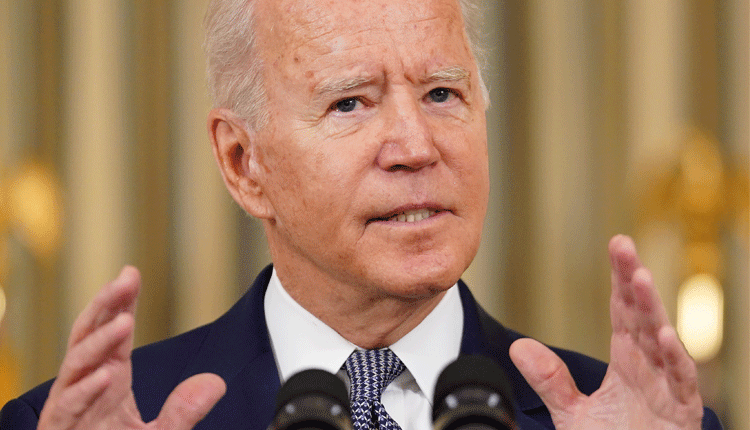US honours victims at 9/11 anniversary of terror attack
By Xinhua News Agency, September 13, 2021New York, Sunday
Saturday marked the 20th anniversary of the 9/11 terror attacks, which ushered in a global war on terror.
Despite the progress made in international efforts to fight terrorism, the world remains beset with its tangible threats.
If history is any guide, military predominance and hegemony cannot eliminate terrorism.
Nor are double standards and selective counterterrorism conducive to the global fight against terrorism.
Mankind has entered a new era of interconnectedness, with countries sharing intertwined interests and their future interwoven together.
As a result, the pressing global threat of terrorism requires holistic global responses, said experts.
“International terrorism is a global threat that no country acting alone can defeat it.
The world needs a collective action to counter this threat,” Rommel Banlaoi, chairman of the Philippine Institute for Peace, Violence and Terrorism Research, told Xinhua.
“The world needs a collective action to counter this threat. China has exemplary practices in countering terrorism that need to be shared with the whole world,” Banlaoi said.
While the root causes of terrorism are complex and profound, involving political, economic, social and cultural factors, the blatant interference in a state’s internal affairs and hegemonic actions to protect one’s own security at the cost of others’ stability are undoubtedly among the key factors.
War on Terror
Five days after the 9/11 terror attacks, then US President George W. Bush announced US “War on Terror,” a blanket term for all preemptive military strikes meant to reduce the threat terrorism posed to the US homeland.
The first US move was the invasion of Afghanistan in October 2001, which began a war that only comes to its end recently.
In the following two decades, Washington and its allies have launched invasion into Iraq based on deplorable lies, as well as military interference in countries including Libya and Syria, all under the guise of counter-terrorism.
Though wars launched by the US and its allies may have yielded immediate success, such outcomes proved to be short-lived at best.
Lamentable injustice and civilian casualties brought about by western interference and hegemonism have created a breeding ground for radicalisation and violent extremism.
Take US-Britain invasion of Iraq as an example. Throughout the year 2002, Washington claimed then Iraqi President Saddam Hussein was allied with terrorists and developing “weapons of mass destruction.”
Despite strong opposition from the international community and scant evidence that Iraq was developing nuclear or chemical weapons, the US and Britain went ahead with the invasion and toppled the Iraqi government.
What followed were years of insurgency and sectarian violence, and according to The Atlantic, “most historians of the Islamic State agree the group emerged out of al-Qaida in Iraq as a response to the US invasion in 2003,” said Mohammad Omari. – Xinhua
More Articles

